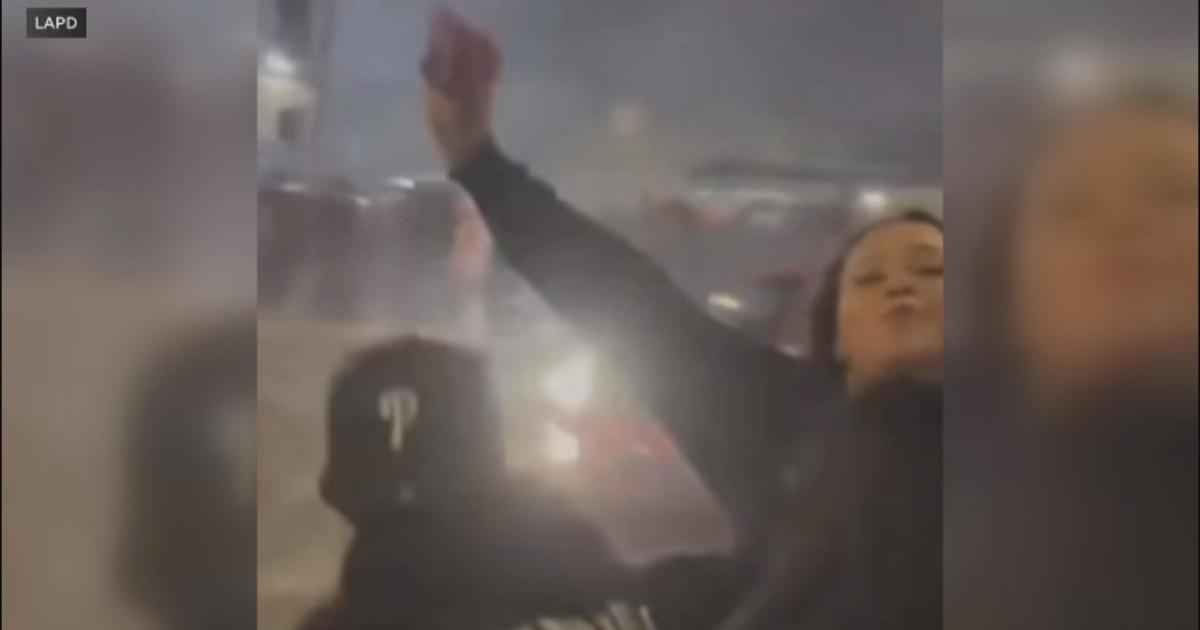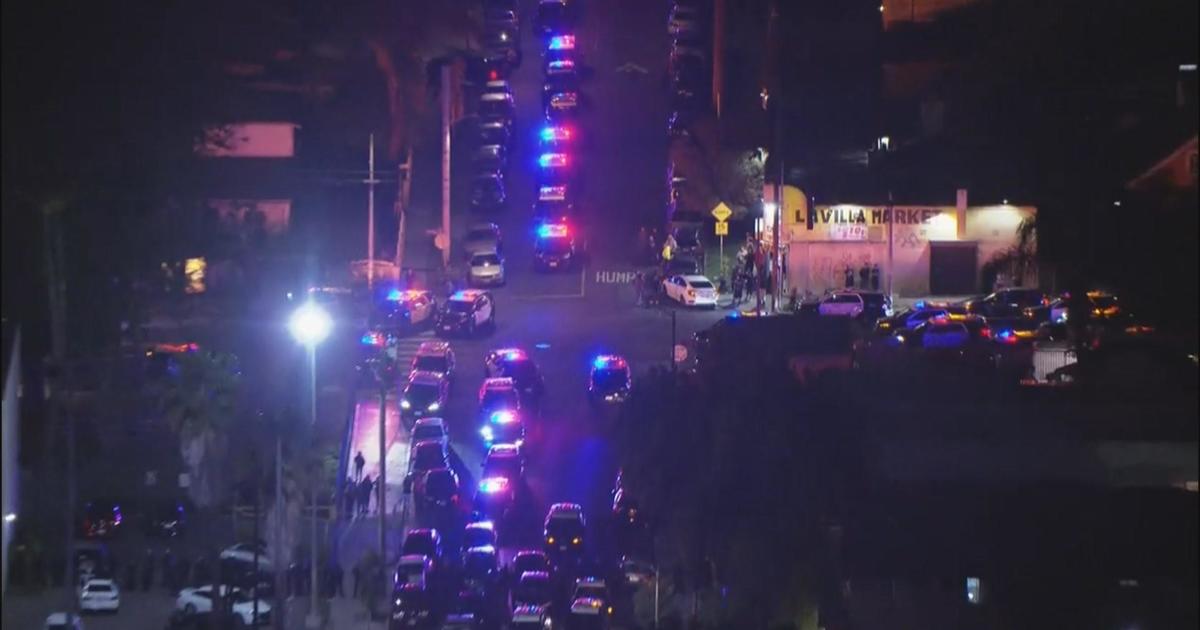Behind the Song: Katy Perry's 'Roar'
By Shannon Carlin; interview by Jillian Mapes
"I am woman, hear me roar."
It's the simple phrase that Helen Reddy sang in 1971, encouraging women all over America to burn their bras as part of the liberation movement. And 42 years later, the same words inspired Katy Perry to write her own empowerment theme, "Roar."
In an interview with Radio.com, Perry's co-writer on the track, Bonnie McKee, said writing "Roar" was a turning point for Perry, who at the time was still coping with her 2011 divorce from Russell Brand.
"She was kind of coming out of sort of a dark place when she was setting up Prism," McKee said. "She was talking about wanting to explore her darker side."
Related: Hear Me Roår: Inside Katy Perry's 'Prism' Sessions in Stockholm
McKee, who previously worked with Perry on Teenage Dream hits "California Girls," "Last Friday Night (T.G.I.F.)" its title track, was willing to go to the dark side with her longtime pal. McKee's skill as a songwriter lies in the fact that whatever artists she's working with, whether it's Ke$ha or Britney Spears or Kelly Clarkson, her goal is to make the song fit said performer's personality.
"I have my songwriters' hat on," McKee said in regards to when she works with other artists. "I'm asking them what they're going through, what they want to talk about, who they want to be."
To help Perry get comfortable, the two headed back to the singer's hometown of Santa Barbara, California to work on the album. As McKee explained, the song ended up being a cathartic experience for Perry. "Prism went from being a dark album, to being an empowering album full of light," she said.
McKee says it was lead single "Roar," now nominated for Song of the Year at this year's GRAMMYs, that allowed Perry to address her pain by focusing on her own power. With lines like "I let you push me past the breaking point/I stood for nothing, so I fell for everything" and "I went from zero to my own hero," Perry was able to show how much she had grown up since the candy-coated pop juggernaut that was her 2010 album.
"['Roar'] felt very empowering from the beginning," McKee explained. "It was all about getting the right words together so it would have this visual hook."
That visual hook, a signature of McKee's writing style, included a nod to Reddy's "I Am Woman" ("the ultimate feminist anthem," McKee notes) and Rocky theme "Eye of the Tiger."
 Bonnie McKee and Katy Perry on the red carpet (Alberto E. Rodriguez/Getty Images)
Bonnie McKee and Katy Perry on the red carpet (Alberto E. Rodriguez/Getty Images)
After writing "Roar," Perry decided to scrap her previous plans of going goth, telling MTV three months before the album's October 18th release, "There's not really any darkness on the record. There's definitely some textures and colors but I think I was saying that when I was going through a different phase, but I really let that light in."
The song itself would go on to be Perry's eighth No. 1 hit and her fastest-selling single to date, with with more than 557,000 digital downloads in its first week.
See if Perry and McKee can take home the prize for Song of the Year at the 56th Annual GRAMMY Awards, airing Sunday, January 26 at 8 p.m. EST on CBS.



